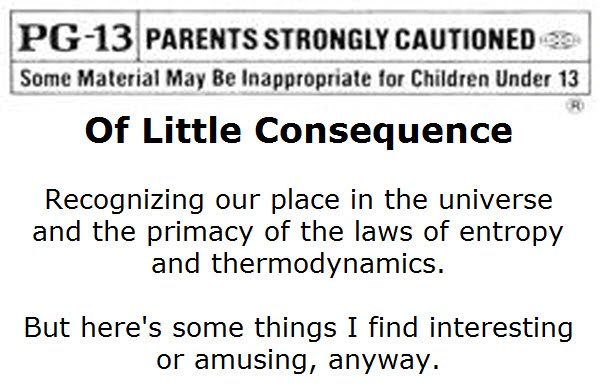Please, enough with this "a butterfly flapping it's wings in [insert place here] can cause [some usually-weather-related issue] [there].
Never said, never meant, isn't true.
The whole phrase comes from a paper provided by the mathematician Edward Lorenz in 1972 to the American Association for the Advancement of Science in Washington, D.C. entitled Predictability: Does the Flap of a Butterfly’s Wings in Brazil set off a Tornado in Texas?
Scientists and mathematicians are not above the normal human tendencies toward incisive humor, and not above the desire to present a paper whose very title would cause it to rise above of 'background noise' of other presentations. :)
In fact, the title of Lorenz' paper received far more press than the mathematical paper itself (and indeed, so still do variations of the title phrasing, although Lorenz and others meant no such thing as the popularized statement). Lorenz was intensely interested in the prediction of weather patterns by using mathematical modelling, and was one of the first to use early computers to help in the exceedingly long and tedious calculations involved. What suprised him was that in order to save time on one of his simulations, he wanted to start his calculations at a 'stoppage point' that he previously had come to, rather than starting over at the beginning. Since his computer system could only deal with three decimal places of accuracy (like a real value of 1.256445 would be rounded off to 1.256) when he restarted his program, the end results were FAR different with the 'restart' than those given by the entire run. What he had numerically shown was one aspect of 'chaotic' systems: extreme sensitivity to initial conditions (this is only ONE of the required characteristics, btw). This is what led to the 'butterfly wing' metaphor -- in some completely deterministic systems, the sensitivity to initial conditions is so great that noise, margins of errors, instrument accuracy etc. all lead to solutions whose values greatly diverge over time. This is the reason why no matter how many more instruments and measurements or accuracy we have or could have, the prediction of the weather and its patterns is unlikely to get any more accurate for more than about a week out...
So, everyone please drop the 'butterfly wing' metaphor unless you want to spend a lot of time studying non-linear differential equations, Poincare maps, Euclidean and non-Euclidian mathematical geometry and all that stuff that'll make your head REALLY hurt.
(it does mine :( )
PS: Wikipedia has good articles on fractals, chaos theory and related subjects, with a great bibliography.
Subscribe to:
Post Comments (Atom)


No comments:
Post a Comment